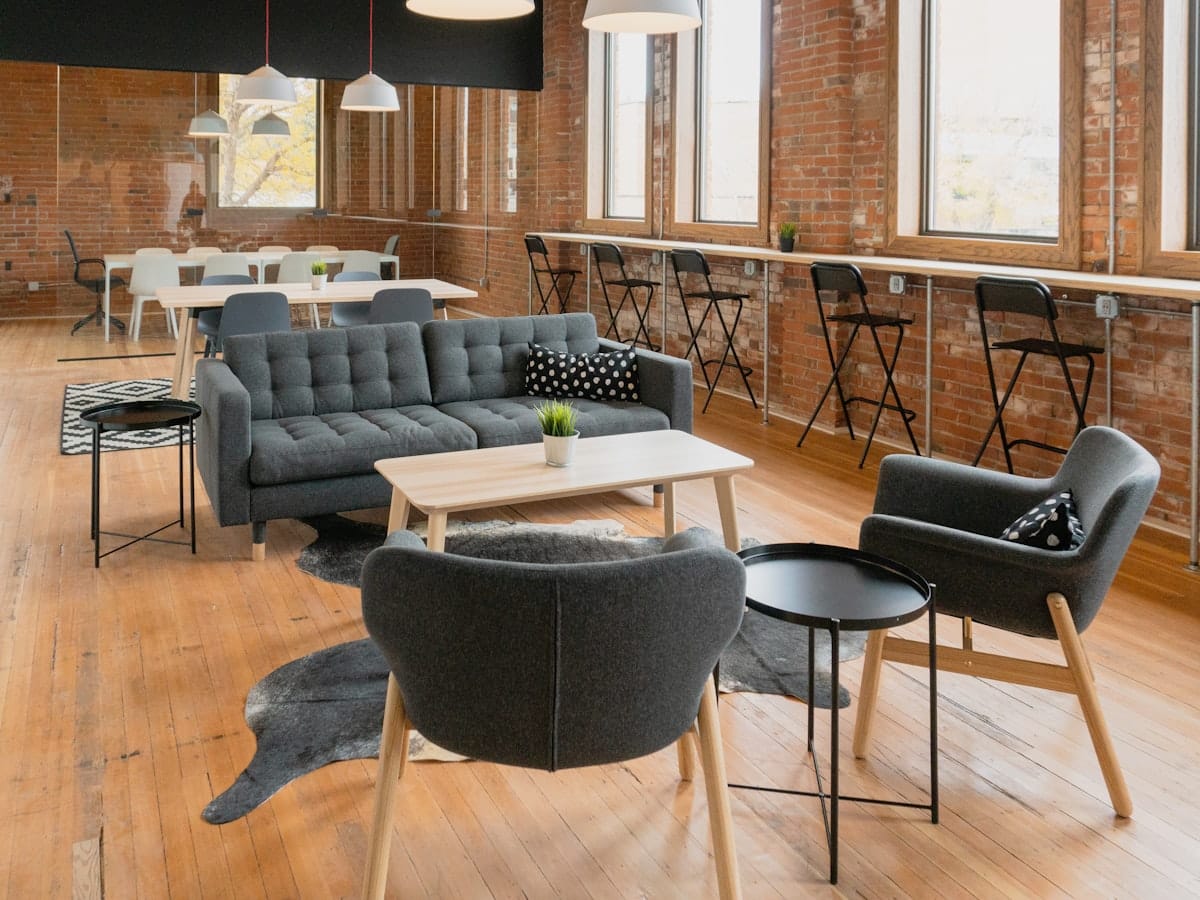
Planning to move to South Korea in 2025? Whether you’re coming for work, study, or long-term life abroad, understanding the cost of living in Korea will help you budget wisely. While Seoul is more expensive than smaller cities, the country overall offers excellent value for quality services, safety, and convenience. Here’s a realistic guide to living expenses, rent, food, transportation, and entertainment for expats.
1) Average Monthly Expenses Overview
Your total living cost in Korea depends on your lifestyle, location, and housing choice. Below is an estimated monthly breakdown for a single expat living in Seoul:
| Category | Monthly Cost (KRW) | Approx. USD |
|---|---|---|
| Rent (1-room studio) | ₩700,000–₩1,200,000 | $520–$900 |
| Utilities (electricity, water, gas) | ₩120,000–₩200,000 | $90–$150 |
| Food & Groceries | ₩400,000–₩700,000 | $300–$550 |
| Transportation | ₩70,000–₩120,000 | $50–$90 |
| Mobile & Internet | ₩50,000–₩80,000 | $40–$60 |
| Entertainment & Leisure | ₩150,000–₩300,000 | $110–$230 |
| Total | ₩1.5M–₩2.6M | $1,150–$2,000 |

2) Housing and Rent in Korea
Housing is often the largest expense for expats. In Korea, you’ll choose between Jeonse (lump-sum deposit) and Wolse (monthly rent) systems.
- Seoul: Studio ₩700,000–₩1,200,000 | Two-room ₩1.2M–₩2M
- Busan / Daegu: 20–30% cheaper than Seoul.
- Jeonse deposits: ₩100M–₩500M depending on location.
Most landlords require a deposit of ₩5M–₩10M even for Wolse contracts. Always check the property registration before paying.
3) Food and Dining
Korean food is delicious, healthy, and reasonably priced. Eating out regularly won’t break your budget.
- Street food (tteokbokki, kimbap): ₩3,000–₩6,000
- Casual restaurant meal: ₩8,000–₩12,000
- Café latte: ₩5,000–₩6,500
- Western restaurant meal: ₩15,000–₩30,000
- Groceries for one person: ₩100,000–₩150,000 weekly
4) Transportation Costs
Korea’s public transportation is clean, safe, and punctual. You can travel anywhere using buses, subways, and trains with a T-money card.
- Subway or bus fare: ₩1,400–₩1,600 per ride
- Taxi base fare: ₩4,800 (in Seoul)
- Monthly transport cost: ₩70,000–₩120,000
- KTX (high-speed train): ₩25,000–₩60,000 between major cities
5) Utilities and Internet
Utilities vary by season — heating in winter and air conditioning in summer increase costs. Internet and mobile services are fast and reliable.
- Electricity + Gas + Water: ₩100,000–₩180,000 monthly
- Mobile plan: ₩40,000–₩70,000
- Internet (fiber 500 Mbps): ₩25,000–₩40,000
Bundle mobile and internet under the same carrier for 10–15% discounts.
6) Entertainment and Lifestyle
There’s no shortage of things to do in Korea — from karaoke bars to hiking trails.
- Cinema ticket: ₩13,000–₩15,000
- Gym membership: ₩60,000–₩90,000 monthly
- Beer at bar: ₩6,000–₩9,000
- Korean BBQ dinner for two: ₩40,000–₩60,000
- Weekend trip budget: ₩150,000–₩250,000

7) Healthcare and Insurance
Once you have your Alien Registration Card (ARC), you’ll automatically be enrolled in the National Health Insurance Service (NHIS). The monthly contribution is based on income but generally affordable.
- NHIS contribution: ₩140,000–₩150,000 monthly
- Doctor visit (with insurance): ₩10,000–₩20,000
- Prescription medicine: ₩5,000–₩15,000
8) Living Costs in Other Cities
- Busan: 20–25% cheaper than Seoul (lower rent and transport costs).
- Daegu: Compact and affordable with strong expat community.
- Jeju Island: Slightly higher food prices but cheaper housing.
9) Tips for Saving Money in Korea
- Use discount cards and reward apps like NaverPay or TossPay.
- Shop on Coupang or Market Kurly for online grocery deals.
- Cook at home and use local markets for fresh ingredients.
- Bundle utilities and telecom under one company.
- Share housing (officetel or co-living) if staying short-term.
10) Final Thoughts
Korea offers a high quality of life with moderate living costs compared to other developed countries. The infrastructure, safety, and healthcare justify the expenses. With smart budgeting, an expat can live comfortably in Seoul for around $1,500–$2,000 a month, or much less in smaller cities.
Tip: Keep emergency savings for large deposits (Jeonse or Wolse) and yearly contract renewals — housing deposits can tie up your cash temporarily.
Official Resources
Related Guides
JS Network: Solving Korea’s ‘Expat Nightmares’
Colin (Founder) | U.S. MBA | 11+ Yrs Global Experience
My Expertise:
• Expat ‘Nightmare’ Solutions (Visa, Housing, Banking)
• Global Trade & K-Product Sourcing (B2B/B2C)
• Premium Concierge & Travel Support
Contact Now:
📧 [email protected]
📱 Chat on WhatsApp | Chat on KakaoTalk
We respond quickly to all inquiries, but for 24/7 “URGENT” assistance (like a lost ARC or visa issue), please use Kakao/WhatsApp.
(All services are provided in conjunction with appropriate affiliated professionals (lawyers, administrative agents, judicial scriveners, etc.))
© JS Network Co., Ltd. | Expat ‘Nightmare’ Solutions 🌏 www.jsnetwork.co.kr


